US strike 'took out 20% of Syria planes'
Tue 11 Apr 2017, 12:01:30
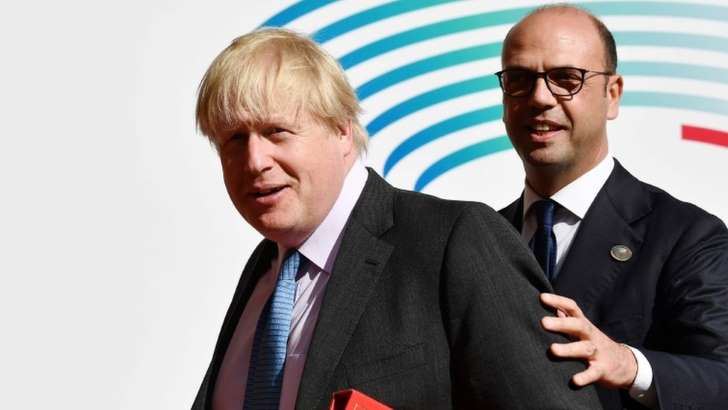
A US air strike in response to a suspected chemical attack damaged or destroyed 20% of Syria's operational aircraft, the US has said.
Defence Secretary James Mattis said Syria would be "ill-advised ever again to use chemical weapons".
Syria has denied a chemical attack on the rebel-held town of Khan Sheikhoun last week that left 89 people dead.
G7 nations are meeting in Italy to discuss policy and how to persuade Russia to abandon its Syrian ally.
The US fired 59 cruise missiles at Syria's Shayrat airbase last Thursday, following the suspected chemical attack a day before.
Mr Mattis said the "measured response" by the US had "resulted in the damage or destruction of fuel and ammunition sites, air defence capabilities and 20% of Syria's operational aircraft".
He added: "The Syrian government has lost the ability to refuel or rearm aircraft at Shayrat airfield and at this point, use of the runway is of idle military interest."
He said the strike had shown the US would "not passively stand by while [Syrian President Bashar al-Assad] murders innocent people with chemical weapons".
White House spokesman Sean Spicer said further strikes were on the table.
"The sight of people being gassed and blown away by barrel bombs ensures that if we see this kind of action again, we hold open the possibility of future action," he said.
Why was Shayrat airbase bombed?
Defence Secretary James Mattis said Syria would be "ill-advised ever again to use chemical weapons".
Syria has denied a chemical attack on the rebel-held town of Khan Sheikhoun last week that left 89 people dead.
G7 nations are meeting in Italy to discuss policy and how to persuade Russia to abandon its Syrian ally.
The US fired 59 cruise missiles at Syria's Shayrat airbase last Thursday, following the suspected chemical attack a day before.
Mr Mattis said the "measured response" by the US had "resulted in the damage or destruction of fuel and ammunition sites, air defence capabilities and 20% of Syria's operational aircraft".
He added: "The Syrian government has lost the ability to refuel or rearm aircraft at Shayrat airfield and at this point, use of the runway is of idle military interest."
He said the strike had shown the US would "not passively stand by while [Syrian President Bashar al-Assad] murders innocent people with chemical weapons".
White House spokesman Sean Spicer said further strikes were on the table.
"The sight of people being gassed and blown away by barrel bombs ensures that if we see this kind of action again, we hold open the possibility of future action," he said.
Why was Shayrat airbase bombed?
What is being discussed at the G7?
The two-day meeting of foreign ministers in Lucca in Tuscany is aiming to hammer out a unified approach to the Syria conflict.
UK Foreign Secretary Boris Johnson said the message from the meeting should be clear - that Russian President Vladimir Putin must be made to abandon his support for Mr Assad.
"He's toxifying the reputation of Russia by his continual association with a guy who has flagrantly poisoned his own people," Mr Johnson said.
He said the meeting would be "discussing the possibility of further sanctions certainly on some of the Syrian military figures and indeed on some of the Russian military figures who have been involved in co-ordinating the Syrian military efforts".
Russia is already under a raft of sanctions imposed by the US and EU in response to the annexation of Crimea and the crisis in eastern Ukraine.
These would be the first sanctions against Russian figures over Syria if they were to be
adopted, but it is far from clear they will be.
US Secretary of State Rex Tillerson will want to go from the G7 talks to Moscow on Tuesday to confront the Russians with a unified set of demands.
However, Reuters news agency quoted one senior European diplomat as saying that the US was "navigating aimlessly in the dark" in the search for a transfer of power in Syria.
The G7 groups Canada, France, Germany, Italy, Japan, the UK and the US, with the European Union also represented.
What is US policy on Syria?
UK Foreign Secretary Boris Johnson said the message from the meeting should be clear - that Russian President Vladimir Putin must be made to abandon his support for Mr Assad.
"He's toxifying the reputation of Russia by his continual association with a guy who has flagrantly poisoned his own people," Mr Johnson said.
He said the meeting would be "discussing the possibility of further sanctions certainly on some of the Syrian military figures and indeed on some of the Russian military figures who have been involved in co-ordinating the Syrian military efforts".
Russia is already under a raft of sanctions imposed by the US and EU in response to the annexation of Crimea and the crisis in eastern Ukraine.
These would be the first sanctions against Russian figures over Syria if they were to be
adopted, but it is far from clear they will be.
US Secretary of State Rex Tillerson will want to go from the G7 talks to Moscow on Tuesday to confront the Russians with a unified set of demands.
However, Reuters news agency quoted one senior European diplomat as saying that the US was "navigating aimlessly in the dark" in the search for a transfer of power in Syria.
The G7 groups Canada, France, Germany, Italy, Japan, the UK and the US, with the European Union also represented.
What is US policy on Syria?
That is what the other G7 ministers will be seeking to clarify.
Mr Tillerson strongly criticised Russia for failing to prevent Syria from carrying out the suspected chemical attack.
But he also said there had been "no change to our military posture" in Syria following the US retaliatory strike and that Washington's "first priority" in Syria was to defeat so-called Islamic State (IS).
The US ambassador to the United Nations, Nikki Haley, also appears to have given mixed signals.
"In no way do we see peace in that area with Assad as the head of the Syrian government," she told NBC's Meet the Press, a week after she had said that Mr Assad's removal was no longer a US priority.
White House sources said any difference in nuance between her comments and administration policy was "inadvertent and unintentional".
Attacking the Shayrat airbase was the kind of direct intervention in Syria's six-year-old civil war that Donald Trump's predecessor, Barack Obama, had avoided.
Until Friday's strike, so did Mr Trump. He opposed military action in 2013 and campaigned on a platform of fixing problems in the US, not Syria.
During the election campaign he expressed wariness that US military action in Syria might lead to conflict with Russia.
And while viewing the airbase strike as decisive, most commentators are not seeing a radical change in the US approach to Syria.
Russia says the US has failed to provide evidence Syria has chemical weapons.
Russia and Iran, President Assad's key military backers, are also threatening retaliation if there are any further American air strikes.
"From now on we will respond with force to any aggressor or any breach of red lines from whoever it is and America knows our ability to respond well," said a statement on Sunday from a joint command centre comprising the forces of President Assad's allies.
Mr Tillerson strongly criticised Russia for failing to prevent Syria from carrying out the suspected chemical attack.
But he also said there had been "no change to our military posture" in Syria following the US retaliatory strike and that Washington's "first priority" in Syria was to defeat so-called Islamic State (IS).
The US ambassador to the United Nations, Nikki Haley, also appears to have given mixed signals.
"In no way do we see peace in that area with Assad as the head of the Syrian government," she told NBC's Meet the Press, a week after she had said that Mr Assad's removal was no longer a US priority.
White House sources said any difference in nuance between her comments and administration policy was "inadvertent and unintentional".
Attacking the Shayrat airbase was the kind of direct intervention in Syria's six-year-old civil war that Donald Trump's predecessor, Barack Obama, had avoided.
Until Friday's strike, so did Mr Trump. He opposed military action in 2013 and campaigned on a platform of fixing problems in the US, not Syria.
During the election campaign he expressed wariness that US military action in Syria might lead to conflict with Russia.
And while viewing the airbase strike as decisive, most commentators are not seeing a radical change in the US approach to Syria.
Russia says the US has failed to provide evidence Syria has chemical weapons.
Russia and Iran, President Assad's key military backers, are also threatening retaliation if there are any further American air strikes.
"From now on we will respond with force to any aggressor or any breach of red lines from whoever it is and America knows our ability to respond well," said a statement on Sunday from a joint command centre comprising the forces of President Assad's allies.
No Comments For This Post, Be first to write a Comment.
Most viewed from International
Most viewed from World
AIMIM News
Latest Urdu News
Most Viewed
May 26, 2020
Do you think Canada-India relations will improve under New PM Mark Carney?
Latest Videos View All
Like Us
Home
About Us
Advertise With Us
All Polls
Epaper Archives
Privacy Policy
Contact Us
Download Etemaad App
© 2025 Etemaad Daily News, All Rights Reserved.

.jpg)
.jpg)
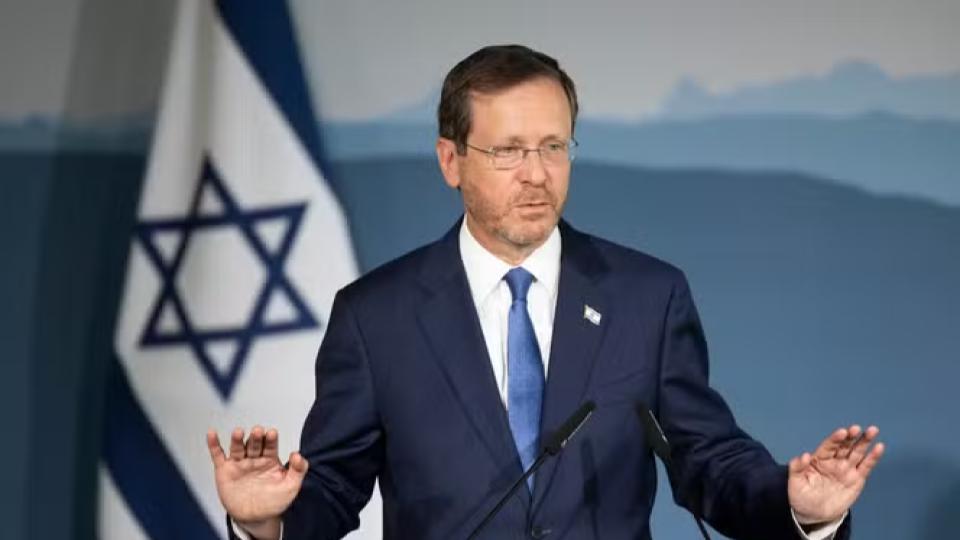
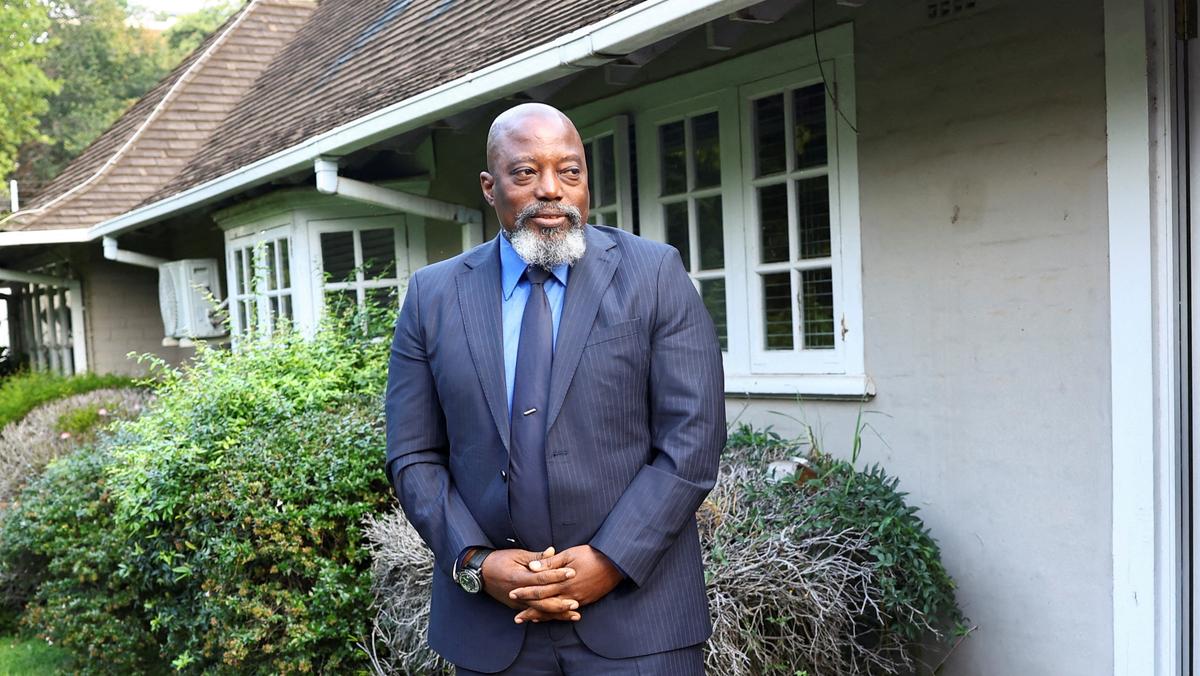
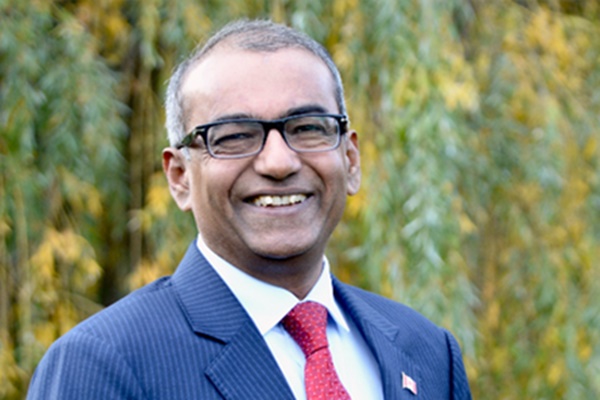
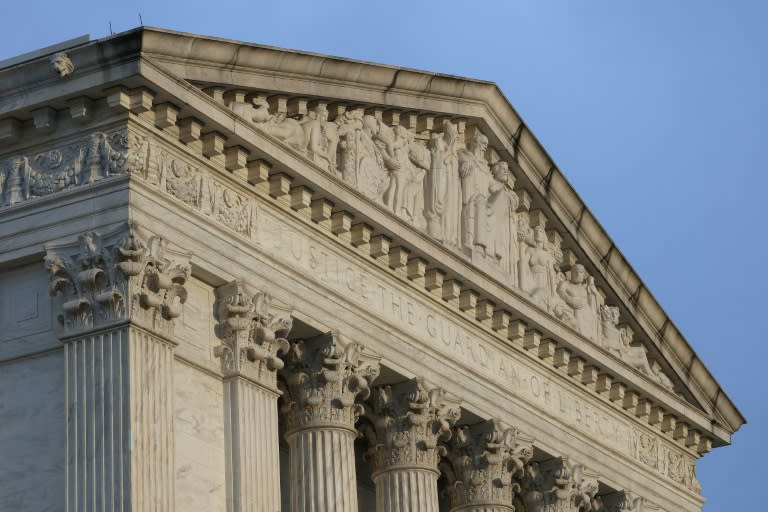
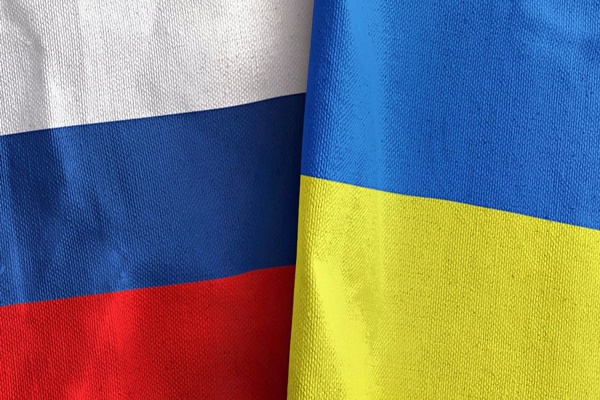
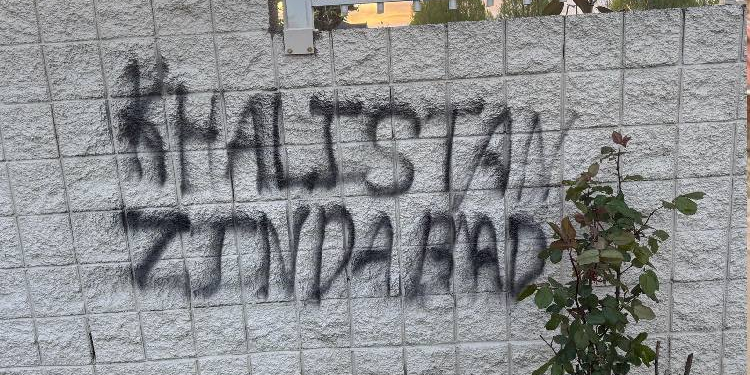
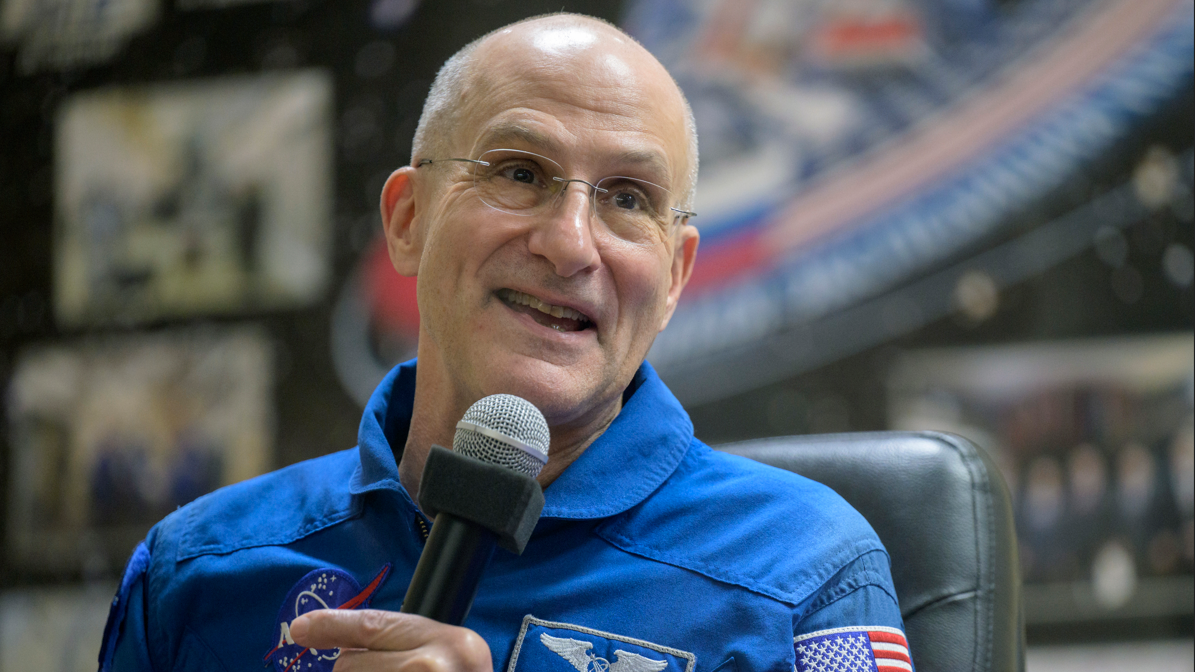
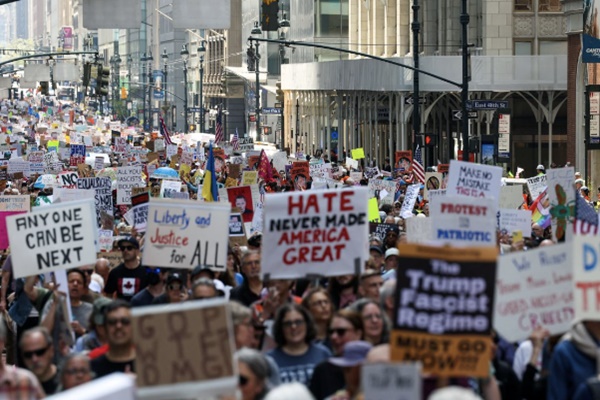


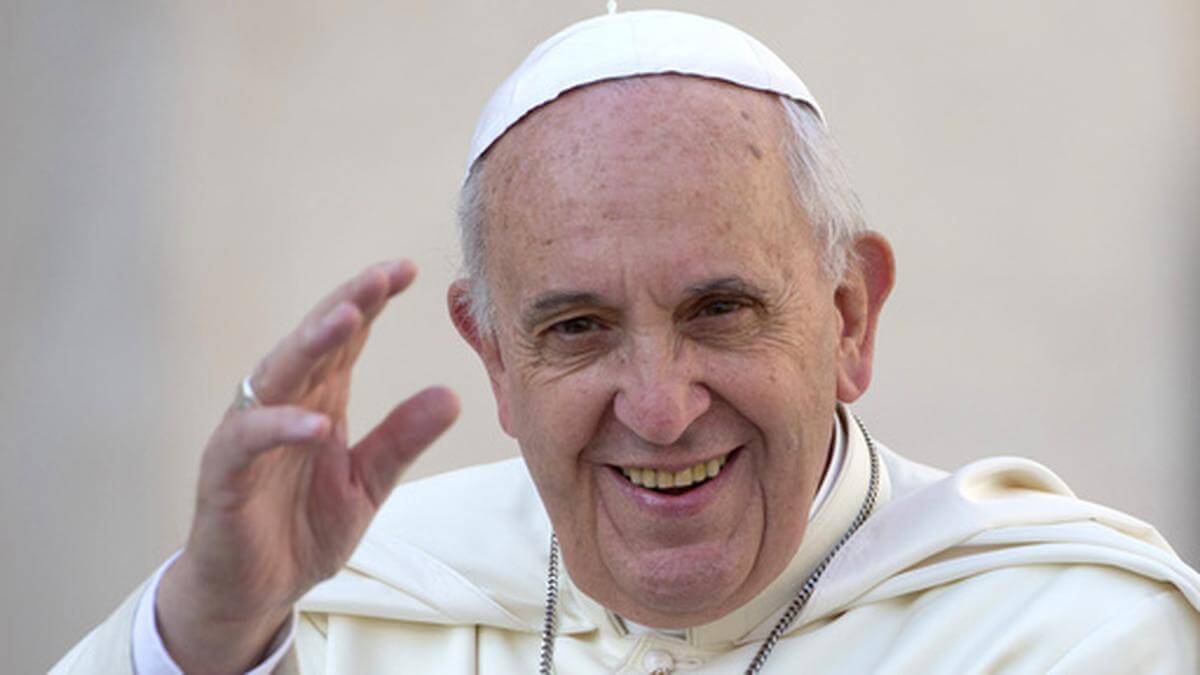

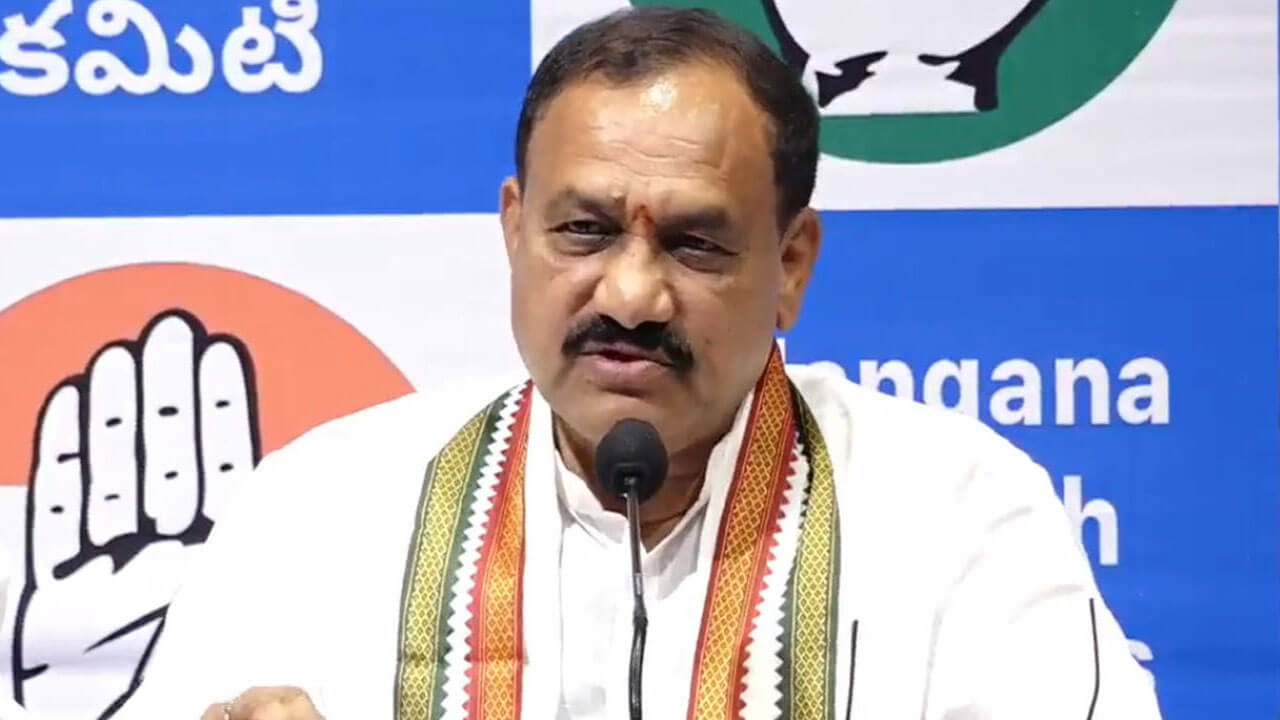
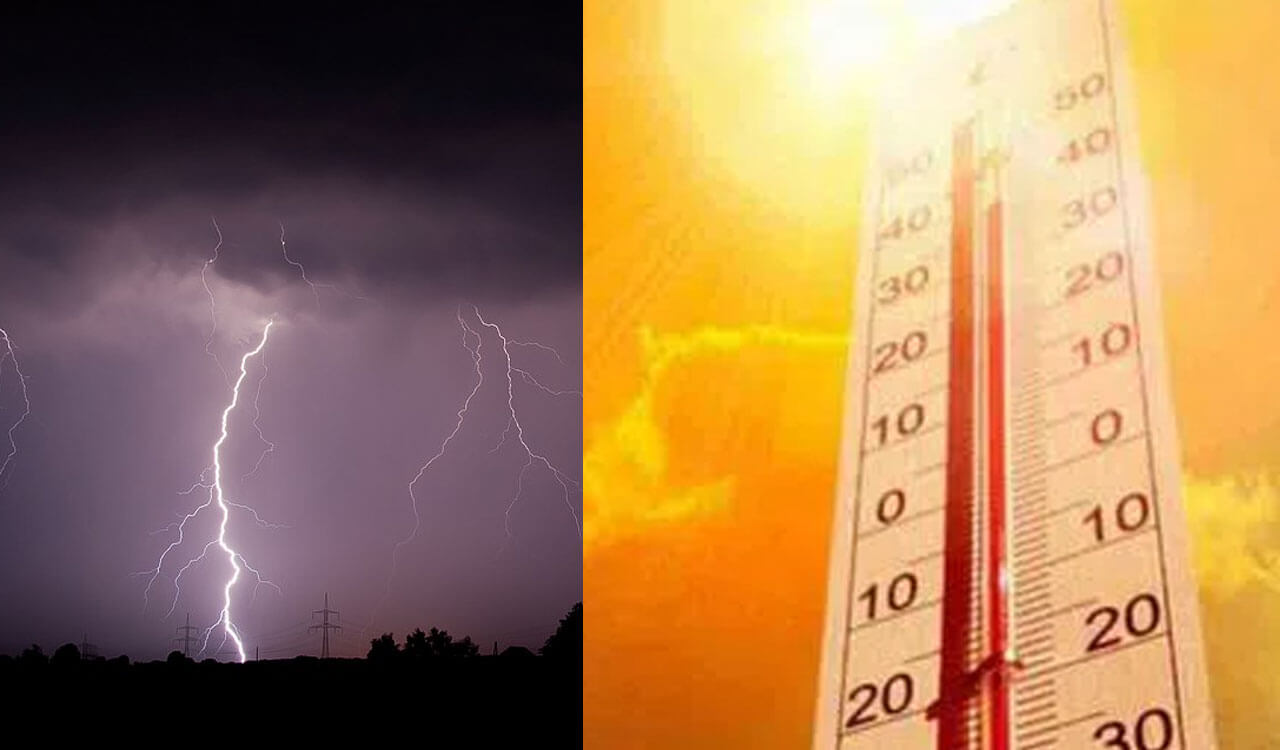

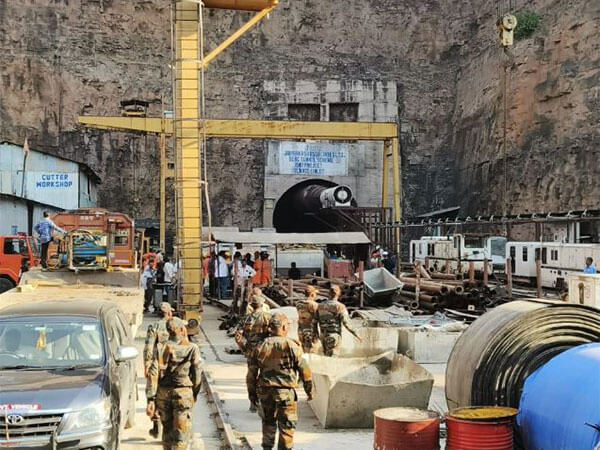
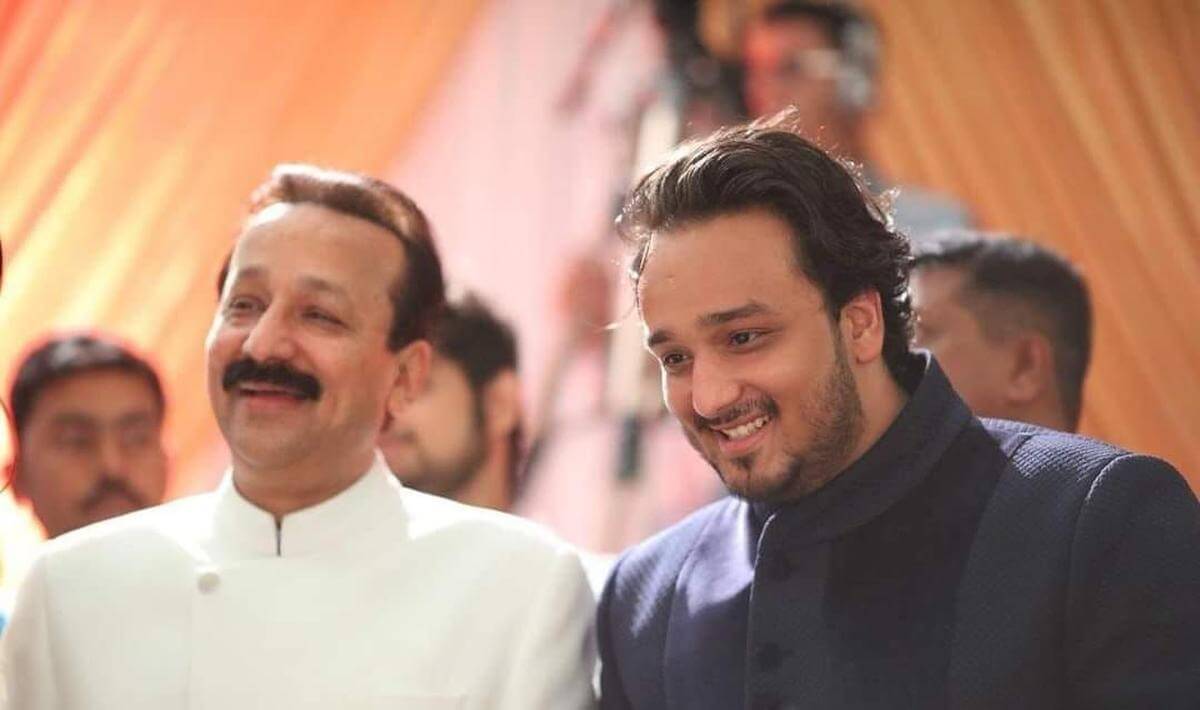
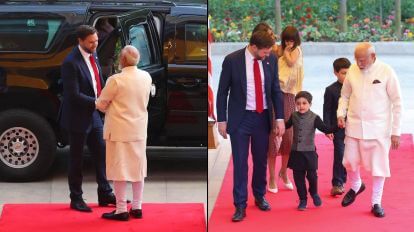
.jpg)
.jpg)
.jpg)
.jpg)

















